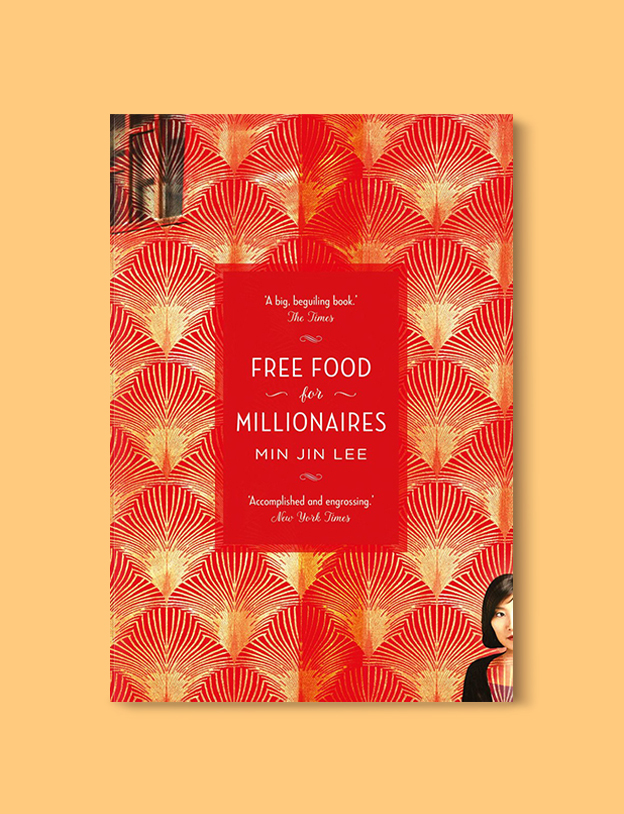

I’d had a very bad eating disorder in college, and her story made so much sense intellectually. Hunger by Roxane Gay “I read Gay’s memoir in two days, and I stopped everything to read it, because her story meant so much to me. Ewing tackles racism, inequality, statistics, social policies, and uses her great mind for the good of children, our American children, and this book is a great tool for the urgent changes we need to make.” -MJL She is also a terrific poet and critic, and what is evident in her book, is the vastness of her imagination applied to the very difficult problems we have today in public education. As far as I’m concerned, fixing education inequities is right up there with securing clean water, defending free press, and protecting air quality. Ewing “Ewing is a phenomenal writer who has researched and written about modern problems in education in light of history.

Ghosts in the Schoolyard: Racism and School Closings on Chicago’s South Side by Eve L. From Roxane Gay’s breathtaking memoir to the non-fiction essays of Ann Patchett, find her reading list below. In a book list for Electric Lit’s Read More Women series, Lee shared five of her favorite books not written by men. In both, Lee centers the stories of women, highlighting their resilience over experiences of racism and misogyny. Her 2007 debut, Free Food for Millionaires, follows families of Korean Americans fighting for social mobility in Manhattan, while her sophomore sensation Pachinko traces the Korean diaspora in Japan over the fate of four generations. Through celebrated novels, essays, and short stories, Min Jin Lee‘s writing has shed some much-needed light on the Korean immigrant experience.


 0 kommentar(er)
0 kommentar(er)
